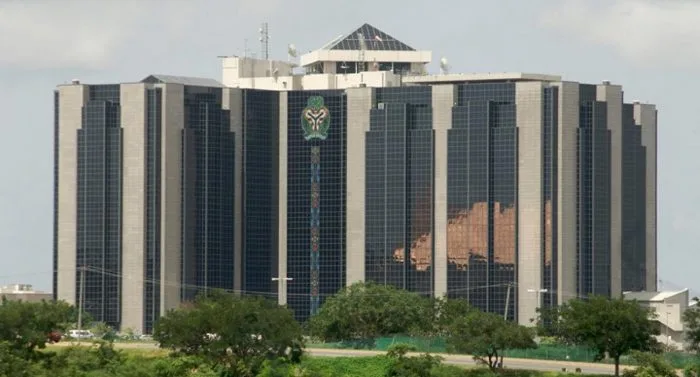
The daily transaction cap for contactless payments has been set at N50,000 by the Central Bank of Nigeria (CBN).
According to a circular released by the apex bank on Tuesday and signed by Musa Jimoh, director of the department in charge of managing the payments system, “verification and authorisation would be required for transactions above the limits” due to the risks associated with contactless payments.
The bank “hereby defines transaction limits below which verification and authorisation are required,” according to the circular. “Following the issuance of the guidelines on contactless payments in Nigeria and in cognisance of the risks associated with contactless payments.”
“The following transaction limits shall apply to contactless payments made in Nigeria using accounts or wallets: transaction limit 15,000; daily cumulative limit N50,000.
Higher-value contactless transactions are those that go over the pre-stated limits and need the proper authorization and verification.
The CBN added that “existing know-your-customer (KYC) requirements and limits on the electronic payment channels shall apply” to transactions that exceed certain thresholds.
“Limits above this stipulated daily cumulative limit shall be conducted using contact-based technology,” the apex bank emphasised.
The CBN gave commercial banks instructions on Sunday to gather and validate social media handles as part of their KYC processes.
Prepaid, debit, and credit cards, key fobs, mobile electronics, and wearable devices all support contactless payments, which are a safe and practical way to conduct transactions without making physical contact.
It makes use of near-field communication (NFC) technology, which enables users to finish a transaction by simply tapping or waving their payment device close to the terminal.
To encourage innovation in the market, the financial regulator issued guidelines on contactless payments in October 2022 to commercial banks, financial institutions, and payment service providers.




